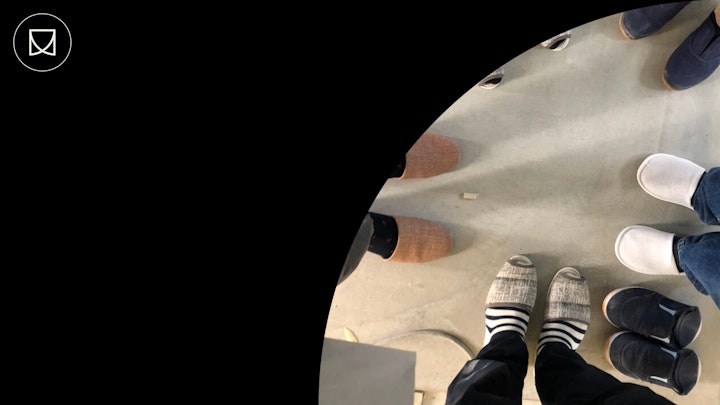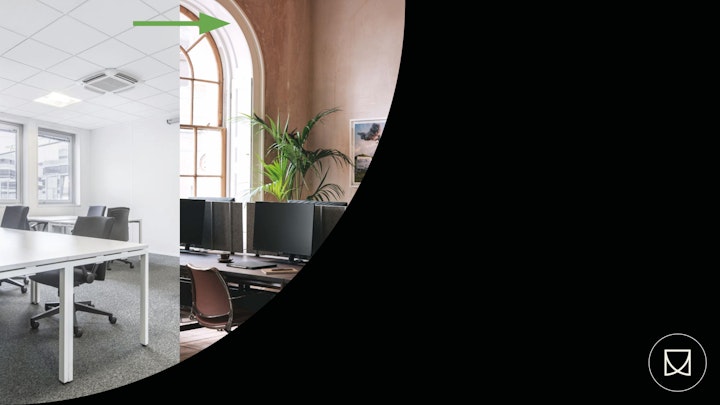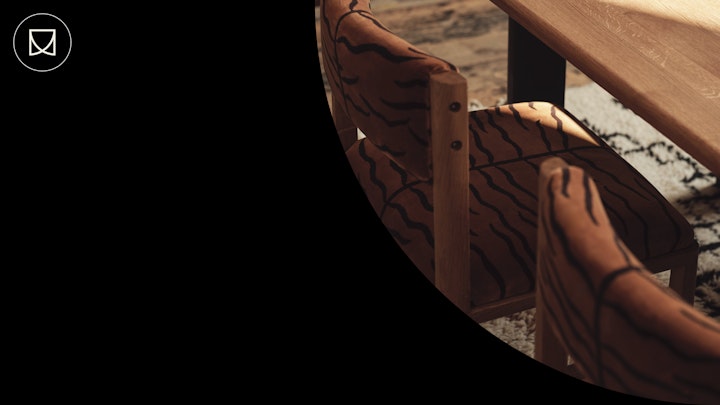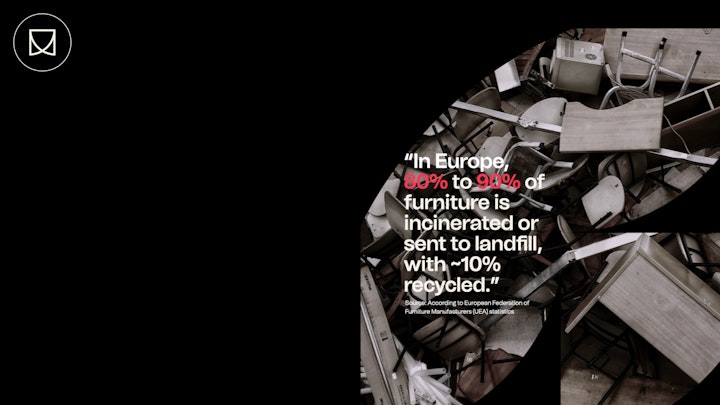"We are genuine to our brand, mission, and values. We’re not perfect, and we don’t pretend to be. We are always honest and as transparent as we can be." - WeWork Value
Do what you love became the flagship and dominant slogan representing a vibrant and dynamic company culture—the original design created by Jeremiah Britton
At the core, I'm a fan of people taking it upon themselves to 'do something they love'. We have a finite amount of time in this life, and enjoying your work is crucial to fulfilment. However, managing expectations and being open to where your passion leads you is important, especially if you are motivated by making a living.
In my last post, I spoke about my mentee, who desired to work for himself and be financially free. I questioned this goal at the time because it felt a little generic—more of a hopeful 'outcome' rather than a compelling opportunity or big idea. I advised him to be more specific about what he wanted to create. Maybe a starting point is a particular passion.
This got me thinking about what it means to 'do what you love' in 2024. Is it enough to make a living?
I concluded that doing something you love will be more of a practice of well-being (to be happy) and not explicitly synonymous with starting a new business or becoming a successful entrepreneur. After all, if I love making music but, I don't have to try to sell my songs to perform the function.
In this new digital world, it will be imperative to:
Be authentically useful
Creating market value has always been a cornerstone of capitalism, and with the deflationary force of AI fast approaching to take all of our jobs (maybe a little hyperbolic), I think challenging ourselves to combine a genuine passion for something useful (product/market fit) will be the most rewarding.
To be authentic, you must believe in what you want to create (your why/purpose) and be willing to test your thesis by being consistently transparent.
Just make it useful.
Thanks for reading






